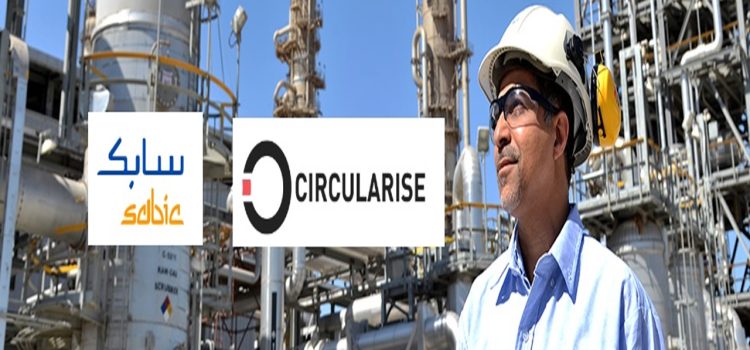
UAE based Venom Blockchain has signed an MOU ( Memorandum of Understanding) with the UAE Ministry of Climate Change and environment to launch the first blockchain enabled national system for carbon credits.
The collaboration aims to reduce emissions and enhance sustainable agriculture, environmental health, and biodiversity in the UAE. This will be achieved by providing the highest levels of transparency, reliability, efficiency, and security in managing the issuance, transfer, calculation, and accurate tracking of carbon credits, as well as facilitating the digitisation process.
The MoU was signed by Mohammed Said Al Nuaimi, Acting Under-Secretary of MoCCAE, Taryam Matar Taryam, CEO of Industrial Innovation Group, and Peter Knez, Chair of the Foundation Council at Venom Foundation, at the Ministry’s office in Dubai.
Almheiri said, “As the UAE prepares to host COP28 in November, the country is striving to double its efforts and showcase its inspiring experience to the world in addressing climate change by reducing carbon emissions across different sectors. The UAE believes in its ability to make a difference in this field and has pledged, through the Third Update of its second Nationally Determined Contributions (NDCs), to reduce its emissions by 40 percent compared to a business-as-usual scenario, an increase of 9 percent over its previous pledge.”
She added, “This requires working according to a scientific approach based on modern technology and the highest levels of transparency to monitor carbon credits to work according to realistic data, achieve tangible results on the ground, and achieve climate neutrality by 2050. The collaboration with the Industrial Innovation Group and Venom Foundation to establish the national system for carbon credits using blockchain is an important step in this field and reflects our determination to enhance the UAE’s climate action for a more sustainable future for us and future generations.”
Taryam Matar Taryam, CEO of Industrial Innovation Group, said, “We are honoured to contribute to the establishment of the UAE’s first national carbon credits registration system. The Industrial Innovation Group, with more than 30 years of experience, is committed to the UN Sustainable Development Goals and endeavours to reduce the environmental impact through decarbonisation, as global climate change is closely linked to the increasing concentration of carbon dioxide in the atmosphere.”
He added that the Group has a long history of creating large-scale national records and excels in developing sustainable pathways for different business sectors, conceptualising decarbonisation initiatives, establishing project documents for various carbon stock records, and effectively managing, monitoring, and reporting carbon use projects.
Peter Knez, Chair of the Foundation Council at Venom Foundation, stated, “Venom Foundation has provided an unparalleled solution, acting as a key infrastructure for a global ecosystem for Web3 applications, with superfast transaction speeds and unlimited scalability to meet governments’ needs.” Knez added that the Foundation is “the first company in the UAE to develop and licence its blockchain technology and shape the future of national decentralised systems and digitise operations in corporate and government enterprises”.
The MoU aims to achieve four strategic objectives related to reducing and cutting greenhouse gas emissions to achieve climate neutrality, developing agribusiness, and promoting responsible investment in agriculture and sustainable food systems, enhancing the economic value of the Environmental Health Programme and conserving biodiversity to enhance the use of ecosystem services for sustainable development.
The main areas of cooperation between the three parties are in developing basic approaches and specific technological solutions for the project of a global platform for registering and issuing carbon credits in the UAE, within the regulatory frameworks of government decisions related to the project of the national system for issuing and registering carbon credits, and providing a blockchain-based solution for safe and effective management of the national system for issuing and registering carbon credits, and identifying and selecting projects related to reducing or removing carbon emissions.
The collaboration also aims to develop a legislative and regulatory framework by the Ministry of Climate Change and Environment to establish a national system for issuing and registering carbon credits. This includes creating of a licenced platform and leveraging blockchain technology to ensure the safe and efficient production of carbon credit registration system documents. The cooperation also ensures system integration to meet all requirements for establishing and developing business operations and the comprehensive process of issuing and registering carbon credits. Furthermore, it includes evaluating projects to reduce carbon emissions and remove carbon to ensure process transparency and environmental integration. This collaboration ultimately aims to contribute to achieving the UAE’s NDCs.











